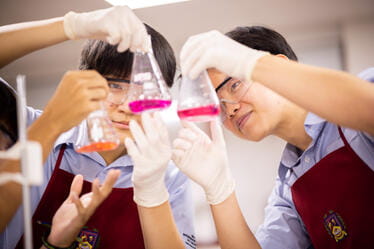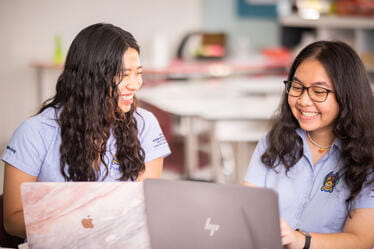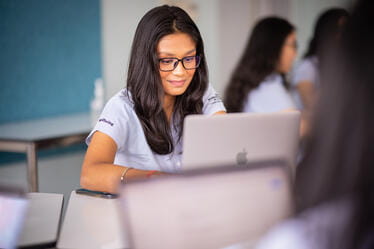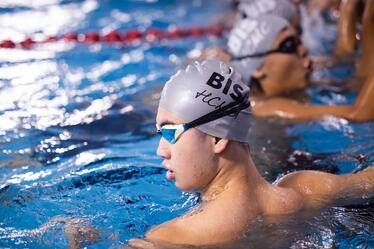We use cookies to improve your online experiences. To learn more and choose your cookies options, please refer to our cookie policy.
A HOLISTIC APPROACH TO LEARNING
Your child will flourish at BIS HCMC, where our all-encompassing approach to education balances academic excellence with personal growth and wellbeing, inspiring a lifelong love of learning.
OUR academic excellence

.png?h=604&iar=0&w=1811&rev=b0214ecca3f445bf9add995e5b7fc1ff&hash=3108B4188D9A727432B5294B32B0B05D)
.png?h=1755&iar=0&w=1755&rev=b80f08d968f34422a753b285f7255c49&hash=C8E49EF72BF866E53EEED3B867264EC3)

.jpg?h=1393&iar=0&w=1393&rev=6e5d462e9f6546738eec91e7e50ba943&hash=F587FE20A6A922EE9B716F465F8C76A5)
.jpg?h=5461&iar=0&w=5462&rev=28a6a253a98f40baab7897aaeb44981c&hash=DD79725BD3CBE71E80EFF65CAD558984)
.jpg?h=4455&iar=0&w=4456&rev=bec4c3e9be2442d9a80137f4b8c9af09&hash=418C016B60B6300A2A3491B23383CDE9)
.jpg?h=3595&iar=0&w=3595&rev=55d9c8337fa74147b0b6952d549434a7&hash=301FFFA1FB53324233C94E4FB0CA65B7)
.jpg?h=5454&iar=0&w=5454&rev=62657eb6980c4201848d36cf98c07431&hash=C1A9059AB91C7374B6532A5E74C8488E)
.jpg?h=4769&iar=0&w=4769&rev=8d818e2880674230beabd6821ca81c0a&hash=2A6FB1BC75740C64D25043E78FAACD25)

.jpg?h=2000&iar=0&w=2000&rev=324cfa5f4c484fe8bd370cc0c1956abf&hash=698B06760522CA39823F31956FC2EAFC)
.jpg?h=1418&iar=0&w=1419&rev=3b43819dade242529e34f8ef349b7942&hash=F03299C3C899EC393158DCC9EF70D6B3)
.jpg?h=4405&iar=0&w=4406&rev=918dc83cda20445eb8ae93f4381c6c26&hash=39E0E2B7DE51DA2B0B50EF2C24919CFD)
.jpg?h=5853&iar=0&w=5854&rev=a2c8beb4e59e4624982dae07199f08e5&hash=126FE994420B7DF9078AD7972C0D4F8D)







.jpg?rev=f39713fb54cb41039dab5c09342c2891&hash=914A9556ACD6BD9A38044CF5D10634AC)





.jpg?rev=09f161401bfa45e2b5b41215736efea6&hash=12A4D8943EFC684EE16F8F75D9D36C54)


.jpg?rev=302ad29e286a4f9692f0c93d9df87efe&hash=E741D8FF69BC6A11E94B3FFF253226AD)
.jpg?h=5129&iar=0&w=5130&rev=33899656b21a462d8548a1c11b9cbf57&hash=84B4F4CC8A763735DF03C4B40A579939)
.jpg?h=4641&iar=0&w=4641&rev=391c55cb91bc4a32a8afa3274ec08137&hash=131B7ABAB573A96C30C2DDBBB20C22EA)
.jpg?h=3643&iar=0&w=3644&rev=b011776401b54fe0b97f885ed0b6bc52&hash=A7B387136EA63BE415088932F8C55EB5)
